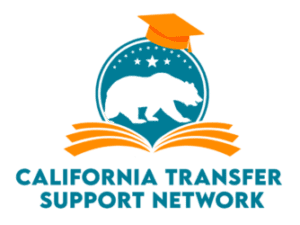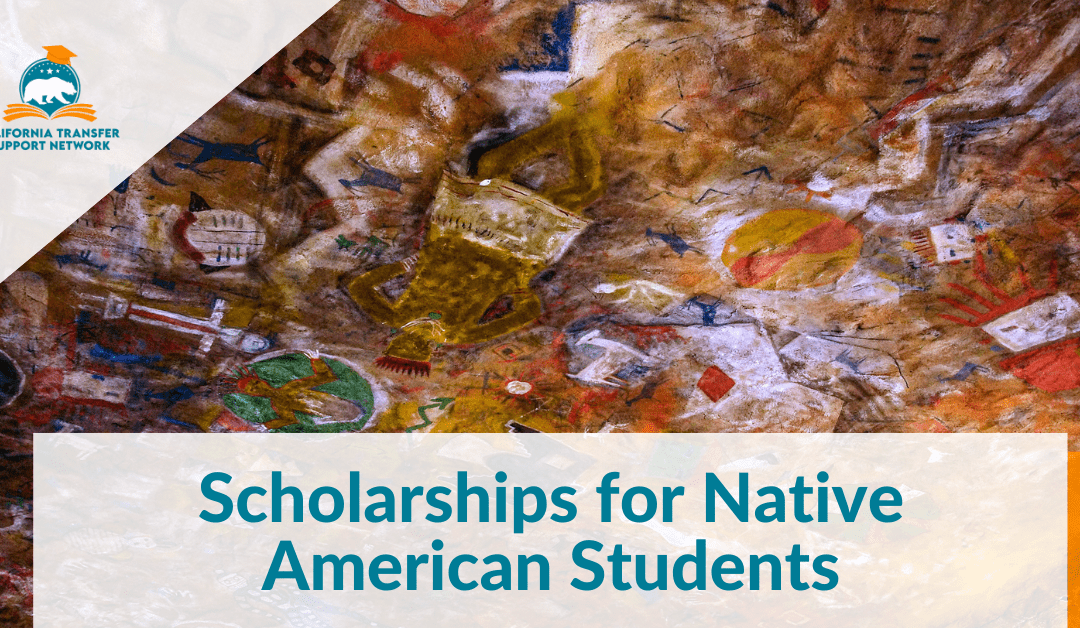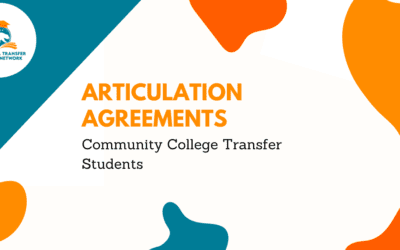Many scholarships are available to Native American students who wish to pursue higher education. This is important because Native Americans are often underrepresented and overlooked in the United States.
Pursuing a college degree can be expensive, but with these scholarships, it becomes more affordable. These scholarships come from various sources, including the government, private philanthropy, and Native American organizations.
Some notable scholarships for Native American students include the Indian Health Service Scholarship Program and the Bureau of Indian Affairs Higher Education Grant Program.
To be eligible for these scholarships, students must meet specific criteria, such as being an enrolled member in a federally recognized tribe or having a certain degree of financial need.
Native American students should contact their local tribal college or university for more information on these and other scholarships. With these scholarships, Native American students can pursue their dreams of higher education and make a difference in their communities.
By investing in Native American students, we are investing in the future of our country and boosting the prospects of full time student status.
Native American Students Today
Recognizing that Native American students, faculty, and community members are dramatically underrepresented in higher education is essential.
“For a variety of reasons – high school dropout rates, lack of awareness of college opportunities and financial aid, nontraditional age, first-generation college student status, distance from home – fewer American Indian and Alaska Native high school graduates enroll in college than do their non-native counterparts (Fann, 2004).
As many as 80% of high school students are considered nontraditional. Some data suggest that one primary reason for the low numbers of enrolled Native American students is the high cost of tuition.
Undergraduate and Graduate Students
Historically, Indian Americans have been underrepresented in higher education due to several factors, including a lack of awareness of college opportunities, high school dropout rates, and the high cost of tuition. A Native American graduate student is likely facing difficult issues that are unique to the customs and culture of their identity.
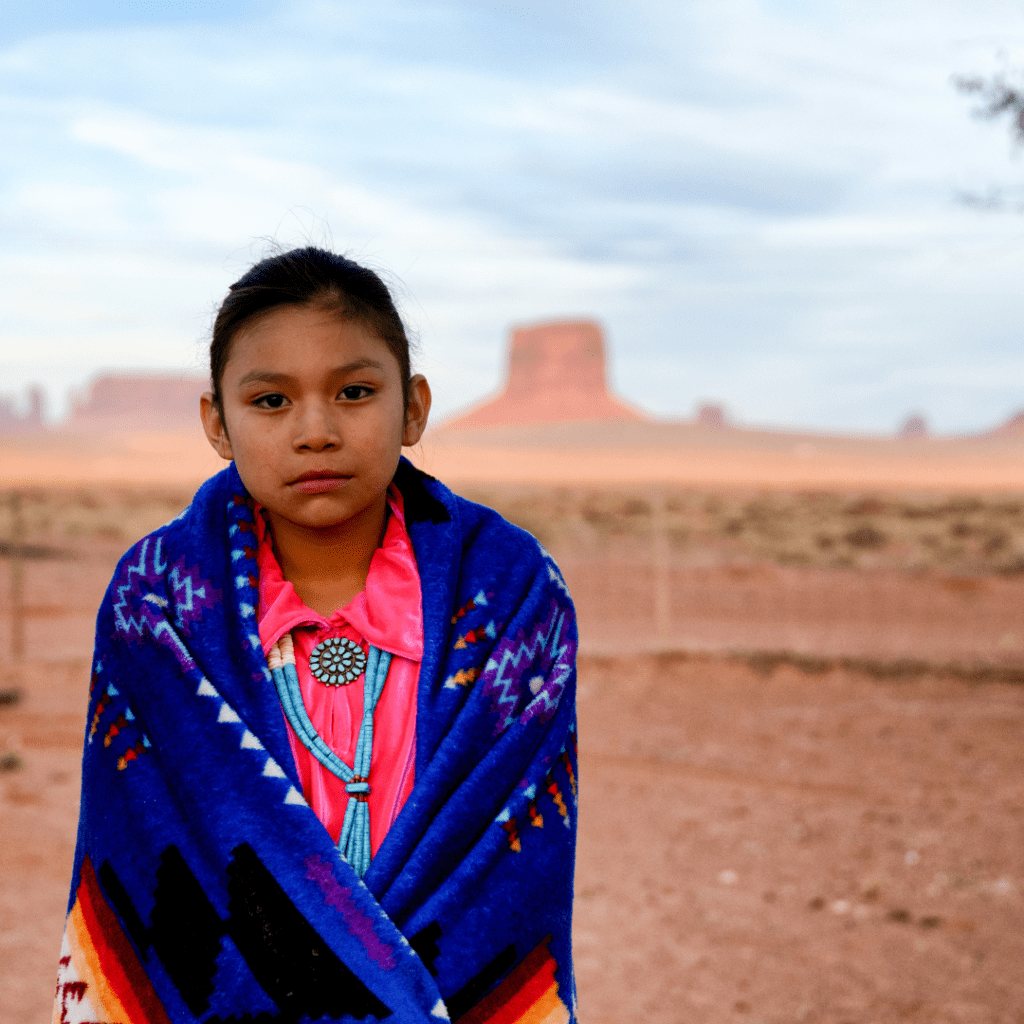
Related: Non-Degree Seeking Students: Challenging the Status Quo
Scholarships Native American: IPLP Scholarship Program and Indian Waiver Program
Many universities offer scholarships specifically for Indian American students to address this issue. For example, the University of Arizona offers the IPLP Scholarship Program, which provides full tuition and fees for two years of enrolled members of a federally recognized tribe.
Similarly, the Montana University System American Indian Waiver program waives tuition costs for up to eight semesters at any state-run university or college for eligible students.
These scholarships are just a few examples of how universities work to increase Indigenous American representation in higher education.
Native American Students: Current Landscape
Despite these efforts, Indigenous American students still comprise only about 5% of US college students. This statistic is troubling given that research shows that a college degree can significantly improve economic opportunity and social mobility.
For example, studies have shown that individuals with a Bachelor’s degree earn an average of $1 million more throughout their lifetime than those without a high school diploma.
More work must be done to increase access to higher education for Indian Americans. However, initiatives like scholarships specifically for Indigenous American students are a step in the right direction.
Financial support for Indigenous Americans and Native American scholarship programs will increase the number of American Indian students who attend college and become full-time undergraduate students.
Native American Scholarship Organizations and Opportunities
Several organizations, private institutions, and citizens have dedicated immense wealth to supporting scholarship and enrichment programs for Indian American undergraduate and graduate students.
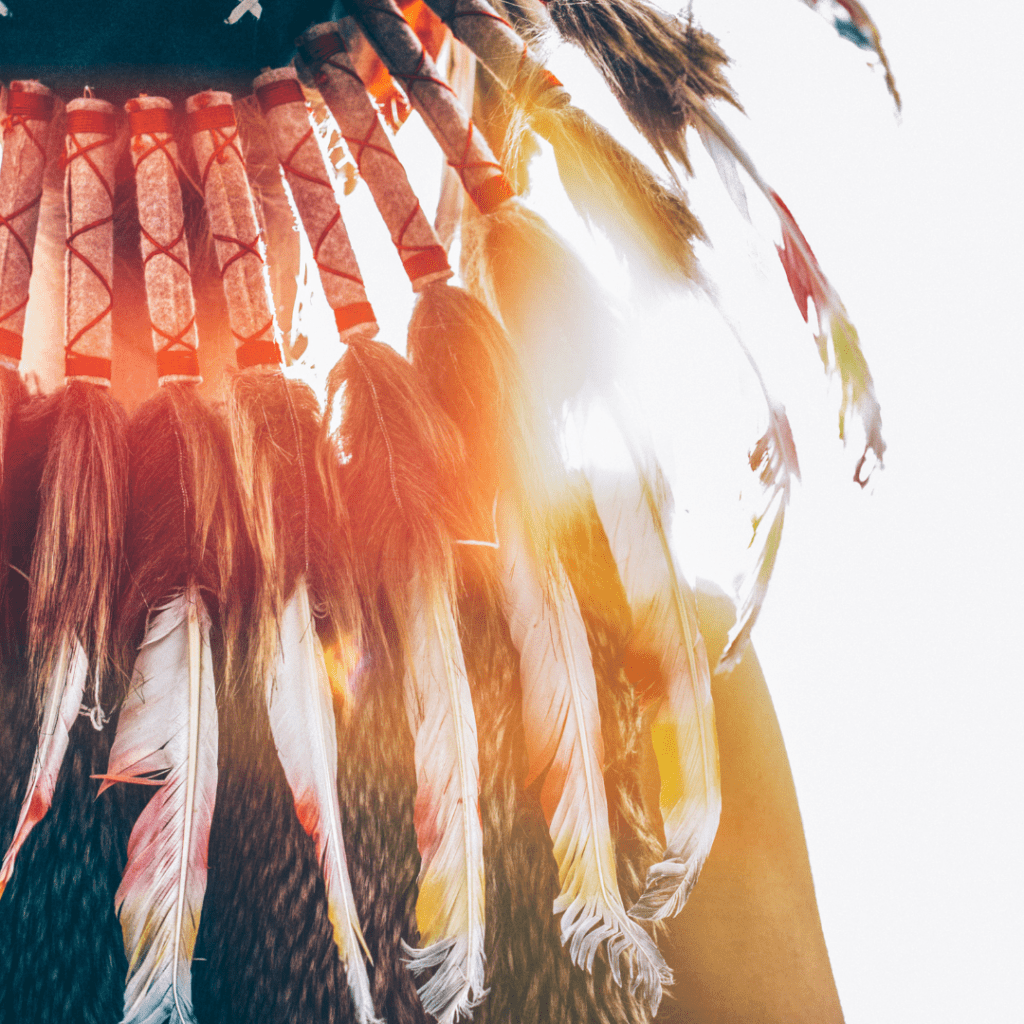
Association on American Indian Affairs
Widely recognized as the oldest Native scholarship program in the United States, the Association on Indian Affairs has provided Native American student scholarships since 1947.
The Association of American Indian Affairs provides scholarships for undergraduate and graduate Indigenous American students who are members or citizens of their respective Tribal nations.
One unique quality of the Association of American Indian Affairs is that eligibility for their scholarship or financial aid awards is not dependent upon being a federally recognized tribe.
The Associations’ scholarship program provides Fall and Spring semester scholarships until the student graduates, as long as they maintain a 2.5-grade point average and full-time status.
The organization is happy to report that “in the past seven years, we have awarded 304 scholarships to 114 Native American students across the nation.”
The Association of American Indian Affairs believes that education is essential to success and is dedicated to helping Native American students reach their full potential.
With the support of donors, the Association maintains that it will continue to work to provide opportunities for Indian American students to pursue their educational goals.
American Indian College Fund
The American Indian College Fund provides scholarships to American Indian and Alaska Native college students seeking undergraduate and graduate degrees at tribal colleges, nonprofit, and accredited schools.
The American Indian College Fund (AICF) was established in 1989 by The Association of American Indian Affairs (AAIA) to provide financial assistance to Indigenous American students pursuing higher education.
Financial aid from the American Indian College fund goes directly to indigenous students. It even supports Native American scholarships that are specifically for graduate students.
Support for Tribal Colleges and University Programs
AICF is the only national organization dedicated to supporting tribal colleges and universities (TCUs), critically essential institutions serving Indian American communities across the United States.
A tribal college provides much-needed educational opportunities for Native American students, who often face significant barriers to accessing and succeeding in college.
AICF provides scholarships and other forms of financial aid to help Indigenous American students overcome these obstacles and overall support Native American students as they pursue their educational goals.
In addition, the American Indian College Fund supports tribal college programs that promote tribal sovereignty, language revitalization, and cultural preservation.
Tribal College Scholarships
These are significant cultural customs that every tribal college aspires to create for the native Americans who enroll there.
Indian American education is rarely analyzed in high school and many graduate schools without understanding the historically underrepresented groups that comprise the federally recognized tribe apparatus in the United States.
By investing in tribal colleges and universities, AICF is helping to ensure that Indian American students have the resources they need to succeed in college and beyond.
Minority students, doctoral students, current undergraduate students, and even graduate students are eligible for acquiring these scholarships.
Competition for the scholarship programs is high, and if you are seriously considering applying, you have to seek expert guidance and advice.
Enrolled members of federally recognized tribes are encouraged to receive a college education because, as an undergraduate student, the cost of tuition for an associate’s degree or bachelor’s degree is minimal.
American Indian services are plentiful, and certain reservations or tribes develop high school graduate and college juniors programs for proper scholarship awards and considerations.
Financial aid for Native American students
Financial assistance is available for Native American students struggling to afford college and need support. One of those programs is the Indian Higher Education Grant Program.
Indian Higher Education Grant Program
The Indian Higher Education Grant Program provides financial aid and assistance to eligible American Indian/Alaska Indigenous students to promote attending an accredited institution of higher education.
Eligibility Requirements for Higher Education Grant Program
To be eligible to receive the Indian Higher Education Grant, you have to be an American Indian/Alaska Native; you must be accepted or currently enrolled in an accredited degree program or university system.
You must also enroll (or have a guardian) in a Federally recognized American Indian tribe or Alaska Indigenous village.
Students must also submit a letter or proof papers to demonstrate financial aid and be considered for scholarship resources by the appropriate scholarship committee.
Whether you are a member of an Alaska Indigenous group, a federally recognized Indian tribe, or a part of nontraditional students, current graduating high school seniors should focus on submitting scholarship applications to every accredited college to ensure that they are considered for scholarship awards.
American Indian Graduate Center (AIGC) Fund
The American Indian Graduate Center (AIGC) is a national nonprofit organization established in 1969 to provide financial assistance to American Indian and Alaska Native college students.
AIGC administers over 50 college fund programs, including the Indian Higher Education grant program, the largest source of college financial aid for Native American students.
In addition to college scholarships, AIGC provides professional development opportunities and educational resources to its Scholars and alumni.
Through its programs and services, AIGC seeks to increase the number of American Indians and Alaska Natives who earn college degrees and enter into professions that will enable them to contribute to their communities economic and social development.
Federal Government Scholarships and Financial Support for Native American Students
The Federal government is responsible for protecting indigenous communities and supporting them financially. This includes providing financial assistance for Indian American college students.
Federally recognized tribes are eligible to receive financial aid through the Bureau of Indian Affairs or the Indian Health Service.
Additionally, some colleges and universities have Indigenous American financial assistance programs that include institutional grants and scholarships, such as the IPLP Scholarship Program at the University of Arizona or the Montana University System American Indian Waiver program.
Additionally, many tribes have their own Native American education grant programs.
Improving College Affordability for Native American Students
College affordability is a significant barrier to degree attainment for low-income students, including Indigenous American students.
However, a college degree is within reach with proper financial planning and support. Students should research all available sources of financial aid, including federal, state, tribal nation, institutional, and private authorities.
By taking advantage of all available resources, Native American college students can overcome the barriers to degree attainment and achieve their educational goals.
Are there scholarships for Native American students?
There are a variety of scholarships available for Indian American students. These scholarships can provide financial assistance to help students pay for their education.
Some of the scholarships are specifically for Indigenous American students. In contrast, others are open to all students who meet specific qualifications.
Scholarships for Native American students are not as difficult to find as one might think.
Many scholarships are available from the federal government and private organizations specifically designed to help finance the education of indigenous people.
In most cases, the application process for these scholarships is no different than for any other type of financial aid.
Need-Based Native American Scholarships
Scholarships for Native American students can be found through various sources, including the federal government, private organizations, and tribal communities.
Many of these scholarships are need-based, meaning they are awarded to students who demonstrate financial need.
Merit-Based Native American Scholarships
Other scholarships may be merit-based, awarded to students who have achieved academic excellence. To apply for a scholarship, you must complete an application form and submit it to the organization offering the scholarship.
In most cases, you will also need to provide transcripts, letters of recommendation, and an essay demonstrating your financial need or academic achievement.
Some scholarships may also require that you take an aptitude test or meet specific criteria related to your tribal affiliation.
Evaluate all Options
Starting early and exploring all your options is essential when searching for scholarships. Scholarships for Native Indian education services can be challenging to find as it is a small subset of the overall student population.
Nonetheless, the support for native students through Indigenous American scholarships is vital in promoting the tribal nation’s mission of engaging with accredited schools to support every full-time student, high school senior, and graduate school student with Native American scholarships.
By taking the time to research the various scholarships available, you can find the ones that best fit your needs and put yourself in a solid position to receive funding for your education.
There are a variety of scholarships available for Indigenous American students. These scholarships can provide financial assistance to help students pay for their education.
Some of the scholarships are specifically for Native American students. In contrast, others are open to all students who meet specific qualifications.
However, there are some specific requirements that Native American students must meet to be eligible for these programs.
For example, many scholarships require students to provide proof of tribal membership.
In addition, students may also be required to submit an essay or personal statement explaining their educational goals and how they plan to contribute to the Indigenous American community.
Although applying for these scholarships may seem daunting, the effort is well worth it for those serious about furthering their education.
Scholarships can be a great way to help reduce the cost of tuition and other expenses associated with attending college.
Whether trying to achieve an undergraduate degree or graduate degree, the federal government, nonprofit organizations, and private institutions are willing to provide financial support to eligible students who have tribe enrollment and are eager to become full-time students.
Other Native American Scholarships
AAAE Native American Scholarship
AAIA Scholarships
ABA Diversity Scholarship
Chickasaw Nation General Scholarship
AISES — Advancing Indigenous People in STEM
The Cobell Scholarship Program, Indigenous Education, Inc.
The scholarships listed above are just some of the many available to Native American and Indigenous students. If you are not in this category, I recommend reading our article on scholarship opportunities for transfer students.
Conclusion
If you are Native American and looking for financial assistance, check out the different available scholarships.
You may be eligible for one or more of them! Some scholarship programs do not require tribal enrollment or membership with the American Indian services.
However, high school seniors and other eligible patrons should routinely look for the different Native American scholarships emerging daily.
Many universities provide scholarships to Native Americans who have an identity.
These scholarships cover full scholarships, awards supporting Native American females, and scholarships aimed toward minorities in various ways.
Have questions about the transfer process or would like help in cleaning up your application?
Don’t hesitate to Contact Us for the use of our free services.
We are an official 501(c)(3) and run solely on the generosity of our Donors. Donate Today if you have the means to do so.
